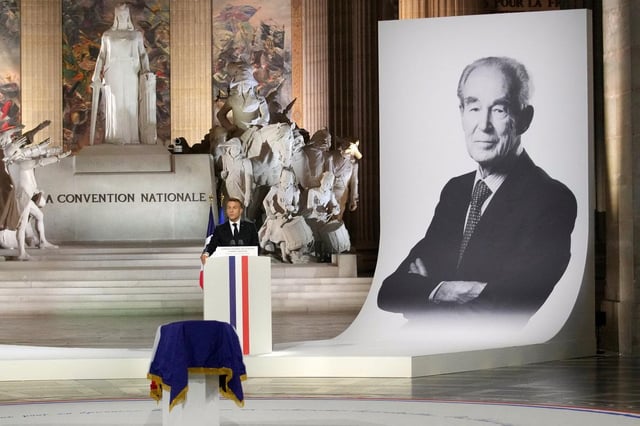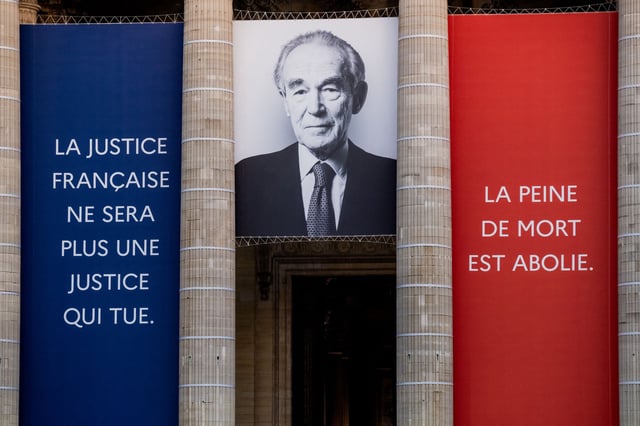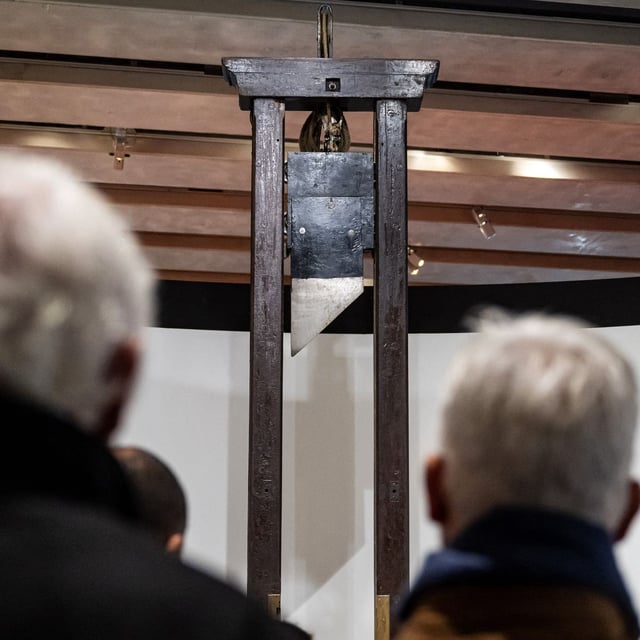Overview
- The evening ceremony in Paris featured readings of Badinter’s pleas and Victor Hugo, a performance by Julien Clerc, and a cenotaph containing his lawyer’s robe, a copy of his 1981 abolition speech and three books chosen by Élisabeth Badinter.
- His name was placed in the Panthéon’s ‘caveau of the 1789 revolutionaries’ alongside Condorcet, the abbé Grégoire and Gaspard Monge, underscoring the linkage to Enlightenment and rule‑of‑law values.
- Emmanuel Macron pledged to continue Badinter’s fight toward the universal abolition of the death penalty and denounced antisemitism, framing the tribute as an affirmation of republican universalism.
- That morning, his tomb in the Bagneux cemetery was vandalized with inscriptions attacking his opposition to capital punishment and support for depenalising homosexuality; municipal teams quickly cleaned the site and reopened access.
- Prosecutors in Nanterre opened a criminal investigation for profanation of a grave and assigned it to the Hauts‑de‑Seine territorial security unit, as leaders across parties—including Macron—condemned the act.



